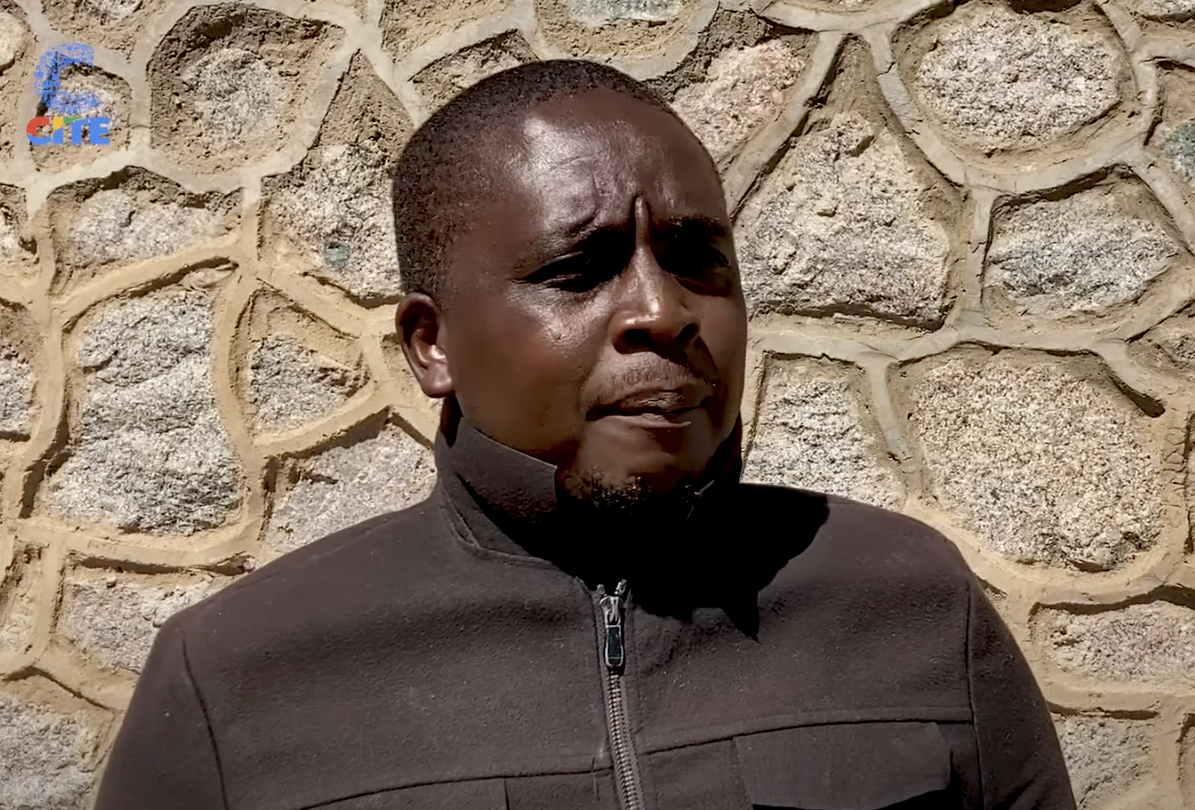The Matabeleland Institute for Human Rights (MIHR), an environmental watchdog, claims that its environmental rights defenders in rural Matabeleland are now afraid to openly challenge polluters, particularly those linked to political elites, for fear of intimidation in the aftermath of electoral violence in Matobo Ward 2 and Insiza Ward 4 that occurred last month.
Members of the opposition Citizen Coalition for Change (CCC) party who were campaigning in the two wards in the run-up to the October 22 by-elections in Matobo and Insiza were assaulted by suspected Zanu PF youths.
Several CCC party activists were injured, including Jasmine Toffa, a proportional representation Bulawayo member of Parliament, who sustained fractures on both wrists.
“They are scared to openly challenge environmental polluters, especially those linked to the political elites, for fear of victimisation and violence,” MIHR coordinator Khumbulani Maphosa told CITE.
“MIHR environmental human rights defenders from Matabeleland South and Matabeleland North provinces have expressed grave concerns on the electoral violence that occurred in Matobo ward 2 and Insiza ward 4 during the run up to the 22 October local authority by-elections.”
According to Maphosa, MIHR held a Community Environmental Rights Defenders virtual environmental risks analysis meeting to evaluate the prevailing and anticipated environmental risks for November and December 2022, and most of the environmental defenders expressed concerns about recent incidents of political violence.
“The environmental defenders said electoral violence impacted on their freedom to organise and challenge unjust environmental policies and decisions,” the coordinator noted.
Critically, the risk analysis interface meeting stated that the recent incidences of politically motivated electoral violence are “detrimental to the operating space of environmental rights defenders as most of the environmental criminals and polluters are linked to political elites,” Maphosa alleged.
In addition, such violence, said Maphosa, which occurs as the country prepares for the 2023 general elections, undermines the confidence of environmental defenders, who fear that if they openly challenge environmental crimes committed in their communities by mining companies, sand poachers, wood poachers, and farming enterprises, they would be targeted.
The environmental rights defenders also noted with concern that the rainy season is beginning but local mechanisms to respond to rain or storm-induced disasters are still not capacitated with sufficient skills, knowledge, equipment and resources to adequately respond to local environmental and climate change disasters.
“In some communities, the public infrastructure that was destroyed by the storms of the past rainy season still have not been repaired and this further exacerbates the vulnerability of the local people to environmental hazards and it will worsen the incapacity of the locals, especially in rural areas, to enjoy their fundamental rights and freedoms especially access to health, education, transport and communication,” the coordinator said.
“From previous rainy seasons, public infrastructure such as schools and clinics have been the worst affected by violent storms and these are the facilities that should offer communities temporary shelter in case of climate change induced disasters.”
Maphosa also noted that in most rural areas such facilities are old and dilapidated, with concerns that there has not been any corresponding efforts to promote the renovation of all rural public facilities to be climate resilient.

